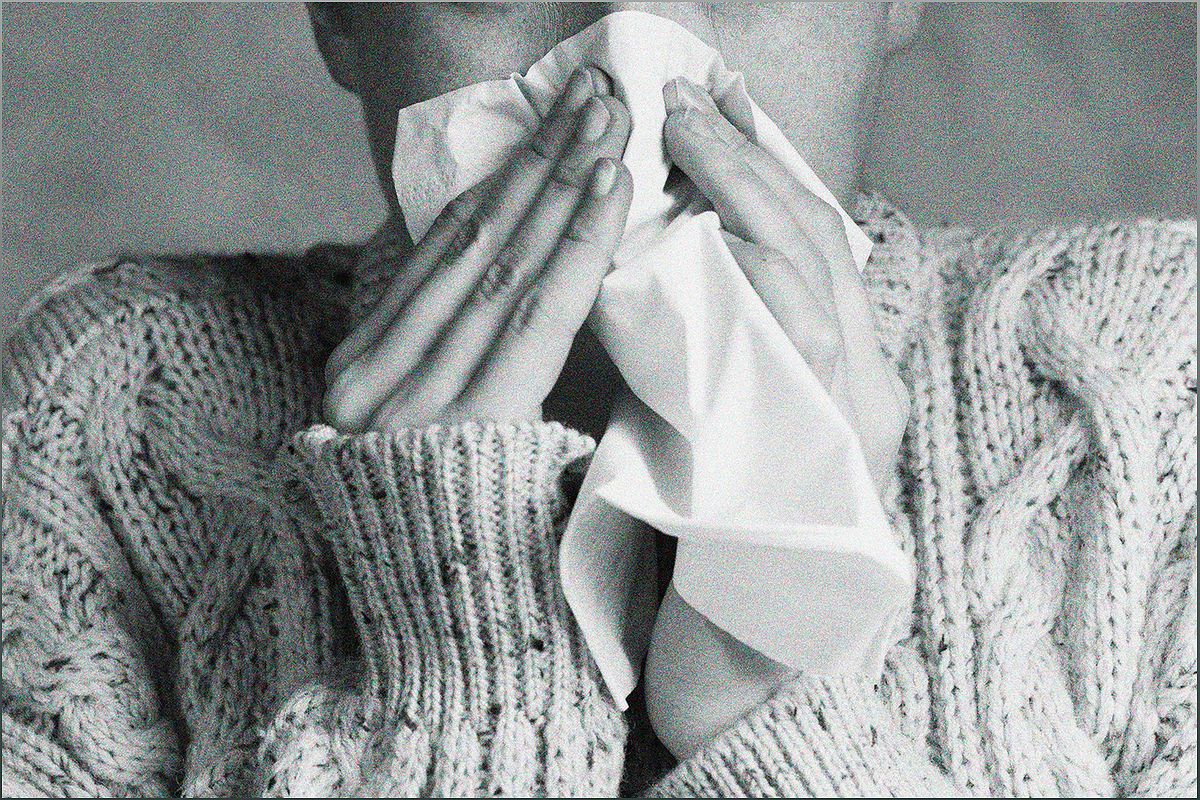Have you ever wondered why some people experience persistent respiratory illness symptoms? In this article, we delve into the possible explanations provided by medical experts. From decreased immunity to back-to-back infections, we explore the factors that contribute to lingering symptoms. Additionally, we discuss the impact of low vaccination rates and the potential for co-infections. Gain insights into why symptoms may persist and how to differentiate between recurring infections and the residual effects of prior illnesses. Stay informed and better understand the complexities of respiratory illnesses.
The Impact of Decreased Immunity
One possible explanation for the persistence of respiratory illness symptoms is decreased immunity. Due to the masking and isolation measures implemented during the pandemic, many individuals have had limited exposure to common viruses like the flu and RSV. This lack of exposure can lead to a phenomenon known as ‘immunity debt,’ where decreased immunity makes people more susceptible to infections.

As more individuals encounter these viruses that have not been widely circulating in recent years, the symptoms may feel more severe than before. Dr. Molly Fleece, a hospital epidemiologist, explains that the severity of symptoms might be heightened as individuals have not built up immunity through recent infections or vaccinations.
Back-to-Back Infections and Confused Symptoms
Another factor contributing to persistent symptoms is the occurrence of back-to-back infections. With the simultaneous circulation of Covid, flu, and RSV, there are increased opportunities for individuals to contract multiple respiratory viruses. This can result in several bouts of respiratory infection and a prolonged recovery period.

Furthermore, some individuals may mistake subsequent infections for lingering symptoms of a previous illness. This confusion can make it challenging to differentiate between separate infections and the residual effects of prior illnesses.
The Role of Vaccination in Recovery
Vaccination plays a crucial role in protecting against respiratory illnesses and aiding in recovery. Low vaccination rates for Covid, flu, and RSV have been a concern. The Centers for Disease Control and Prevention (CDC) has issued an alert to healthcare providers regarding the need for increased vaccination rates.

Having a lack of vaccine-induced protection can make individuals more susceptible to severe illness and hinder their recovery process. It is essential to encourage vaccination to reduce the risk of prolonged symptoms and complications associated with respiratory illnesses.
The Possibility of Co-Infections
While co-infections of respiratory viruses are not widely observed, there is a possibility of experiencing more than one virus at a time. Medical experts, however, have noticed an increase in bacterial infections following viral illnesses.

Respiratory illnesses can weaken the immune system, making individuals more susceptible to secondary bacterial infections such as strep throat, whooping cough, or pneumonia. It is important to be aware of the potential for co-infections and seek appropriate medical attention if symptoms worsen or persist.
Understanding Lingering Symptoms and Post-Viral Effects
It is not uncommon for respiratory illness symptoms to persist for weeks or even months. Some individuals may experience a recurrence of symptoms after initially recovering, leading to confusion and frustration.
Medical professionals explain that a post-viral cough is a common occurrence following respiratory illnesses like Covid, flu, and RSV. This cough does not necessarily indicate ongoing infection but rather the residual effects of the prior illness.
While most individuals recover fully within a few weeks, a small minority may experience long-term effects known as Long Covid. This condition affects approximately 6% of U.S. adults and requires ongoing medical attention and support.
